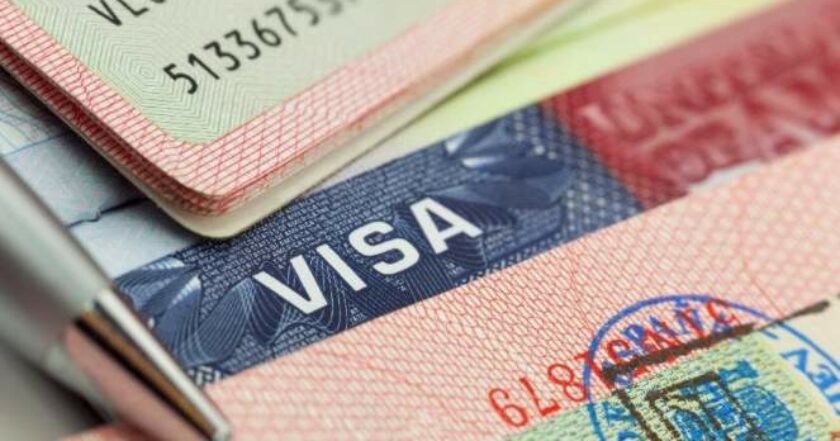Governments of France and Germany jointly oppose EU visa ban for all russians

Germany and France jointly opposed the ban on issuing visas for entry into the EU for all russians
They presented the corresponding position to the ministers of other EU countries, who are meeting in Prague on August 30 and 31, the EP reports with reference to Zeit.
"We must think about smart ways to use the important lever of visa issuance," the document emphasizes.
According to Berlin and Paris, applications from russian citizens should be carefully checked for possible security risks.
Germany and France argue that the impact of direct experience of life in democracies should not be underestimated, especially for future generations.
"Our visa policy should reflect this and continue to allow personal contacts in the EU with russian citizens who are not connected to the russian government," the countries' governments emphasize their position.
Therefore, Germany and France want to preserve the legal framework that allows students, artists, scientists, and specialists, in particular, to enter the EU. Regardless of whether they may face political persecution.
In addition, they warn that in the case of a visa ban, so-called "uniting around the flag" effects may occur. This means that citizens are sometimes inclined to unite in support of their government in the face of attacks and provocations from outside.
Austria also confirmed that it opposes the entry ban for russian citizens.
"We should not throw the baby out with the bathwater; a general ban on visas for russian citizens would completely cut off the last contacts with russian civil society," said Austrian Foreign Minister Alexander Schallenberg.
"It would be absurd to block the way to the West for critical voices in russia right now," he added.
According to the head of the foreign affairs department of the European Union, Josep Borrell, EU foreign ministers can agree on a specific modification of the current rules for issuing visas to citizens of russia.
Earlier it became known that the Czech Republic proposed suspending the visa agreement with russia as a compromise option.
This step involves an increase in the visa fee from 35 to 80 euros and an increase in the time for processing visa applications and the number of documents required for this.
The Baltic countries, Poland and Finland, are actively advocating a complete suspension of visas for russian citizens in the EU.
Instead, Germany, the tourism-dependent countries of Southern Europe, and top EU diplomat Josep Borrell opposed such a move.
























































